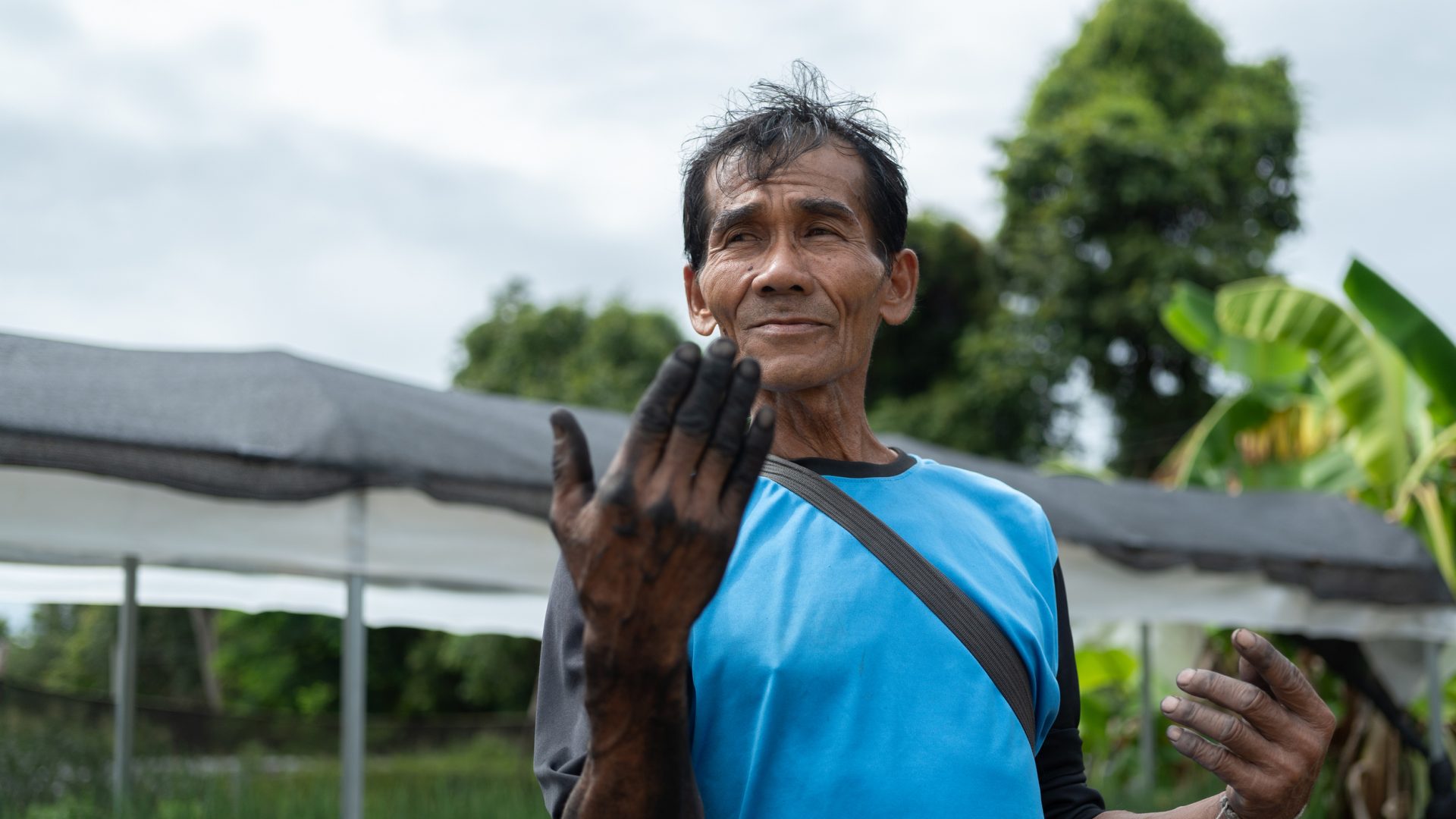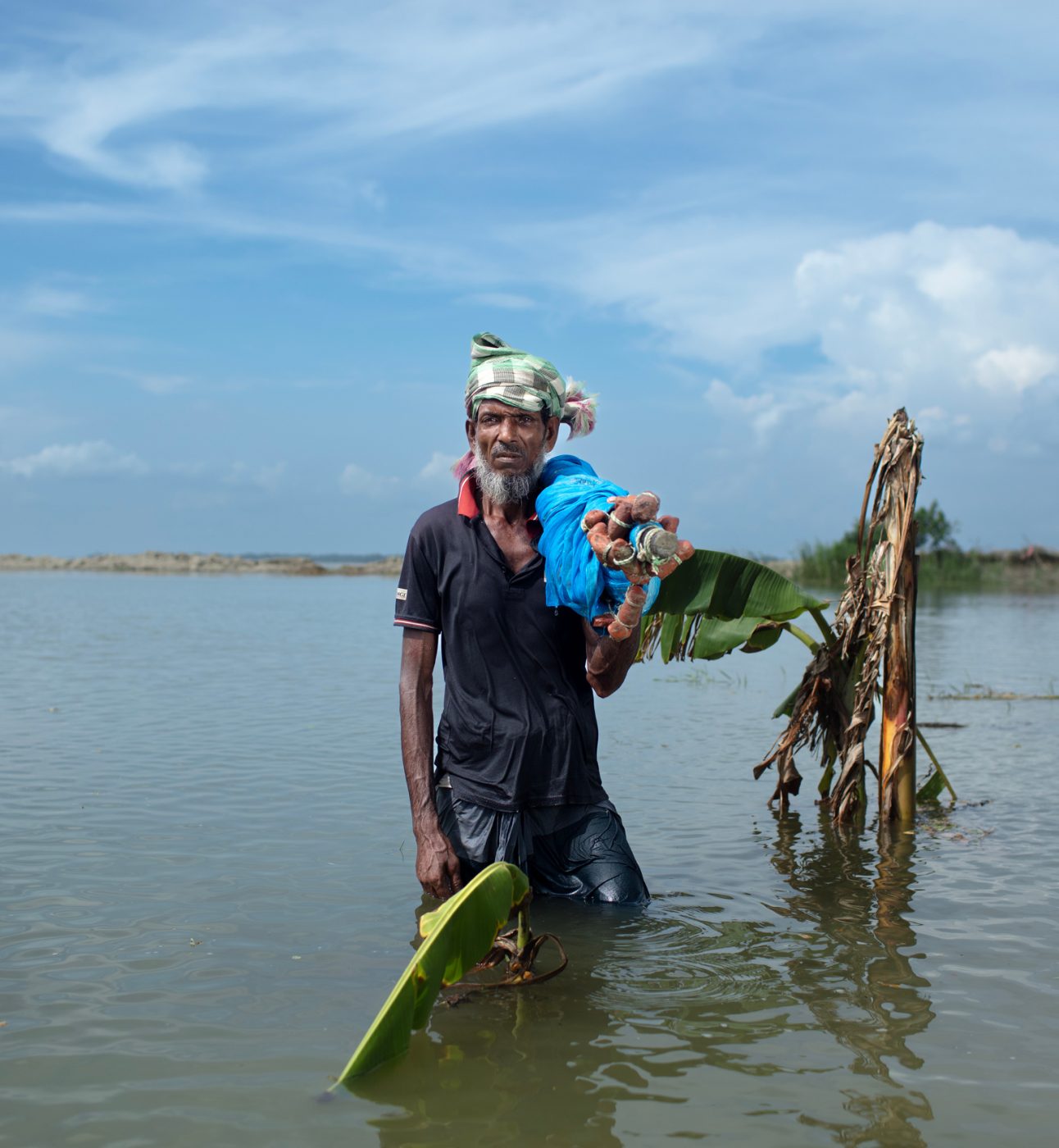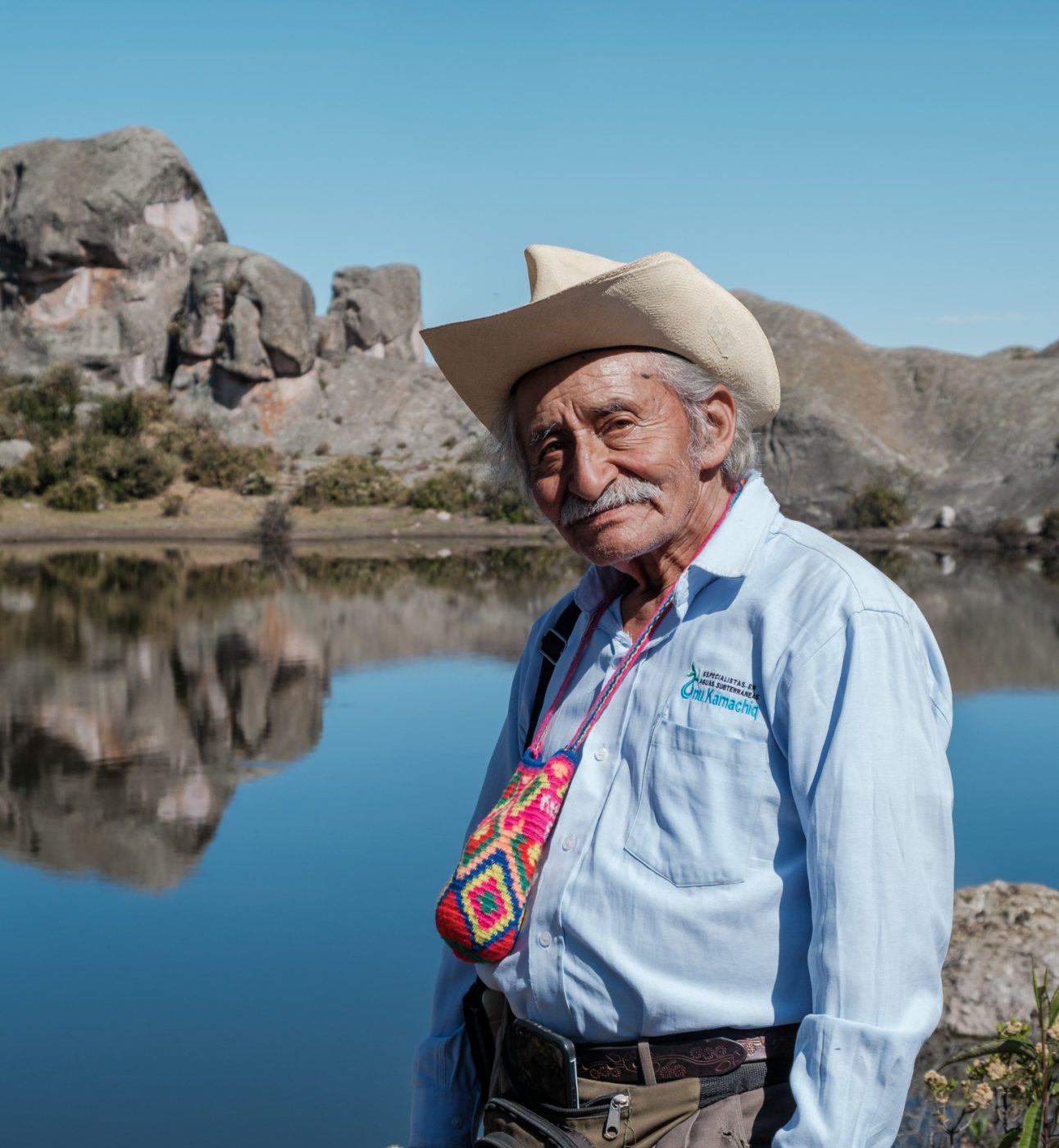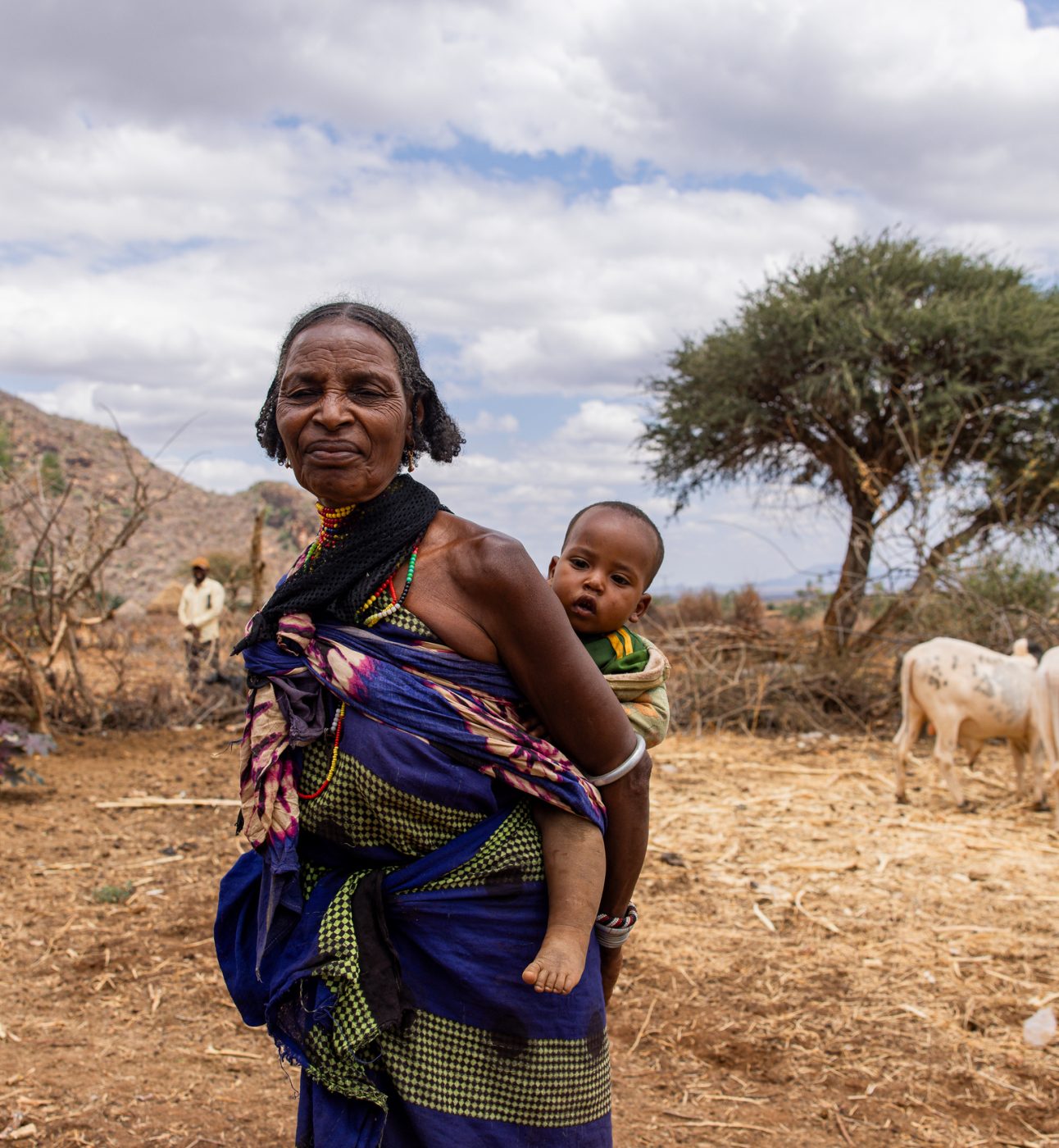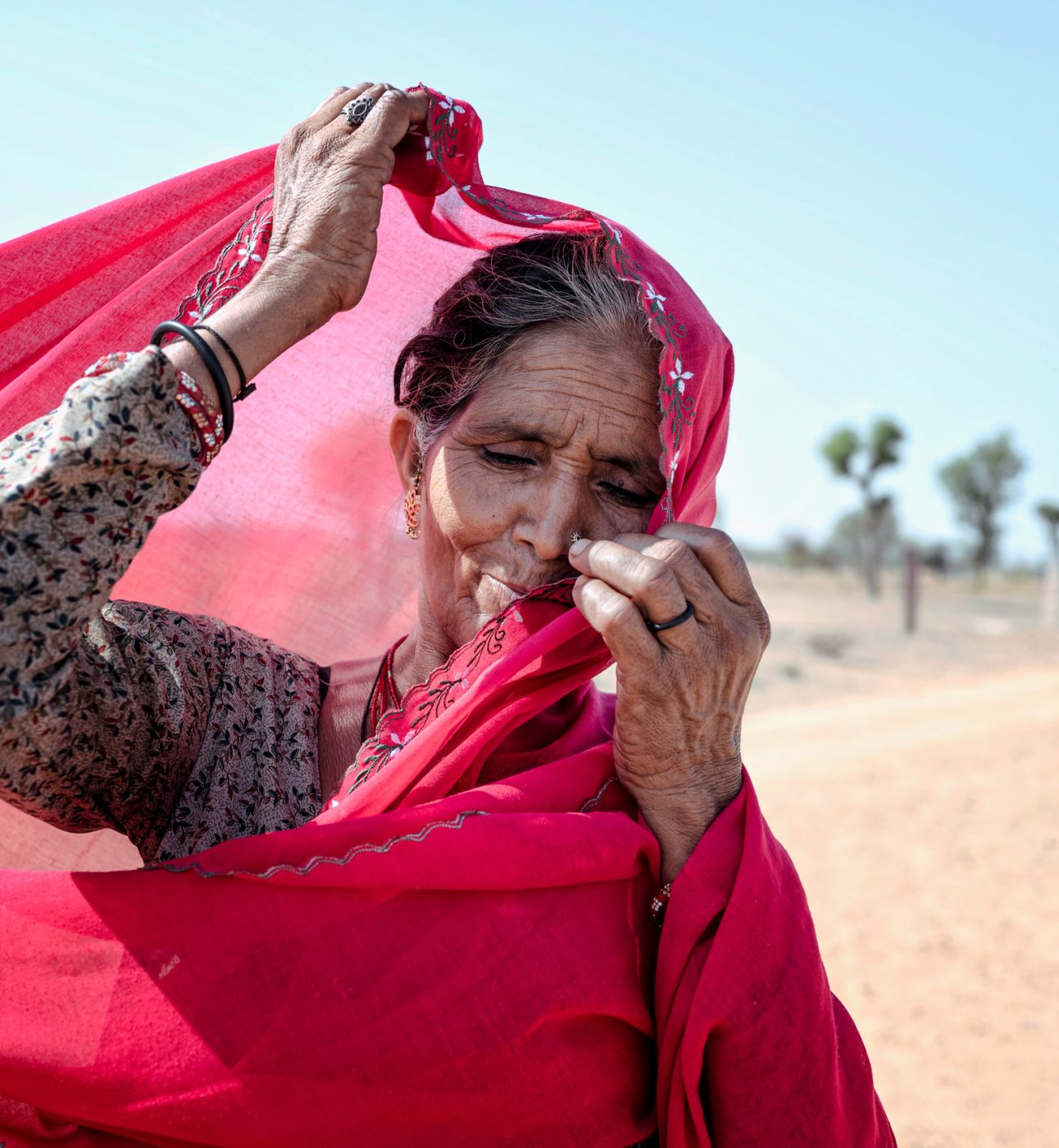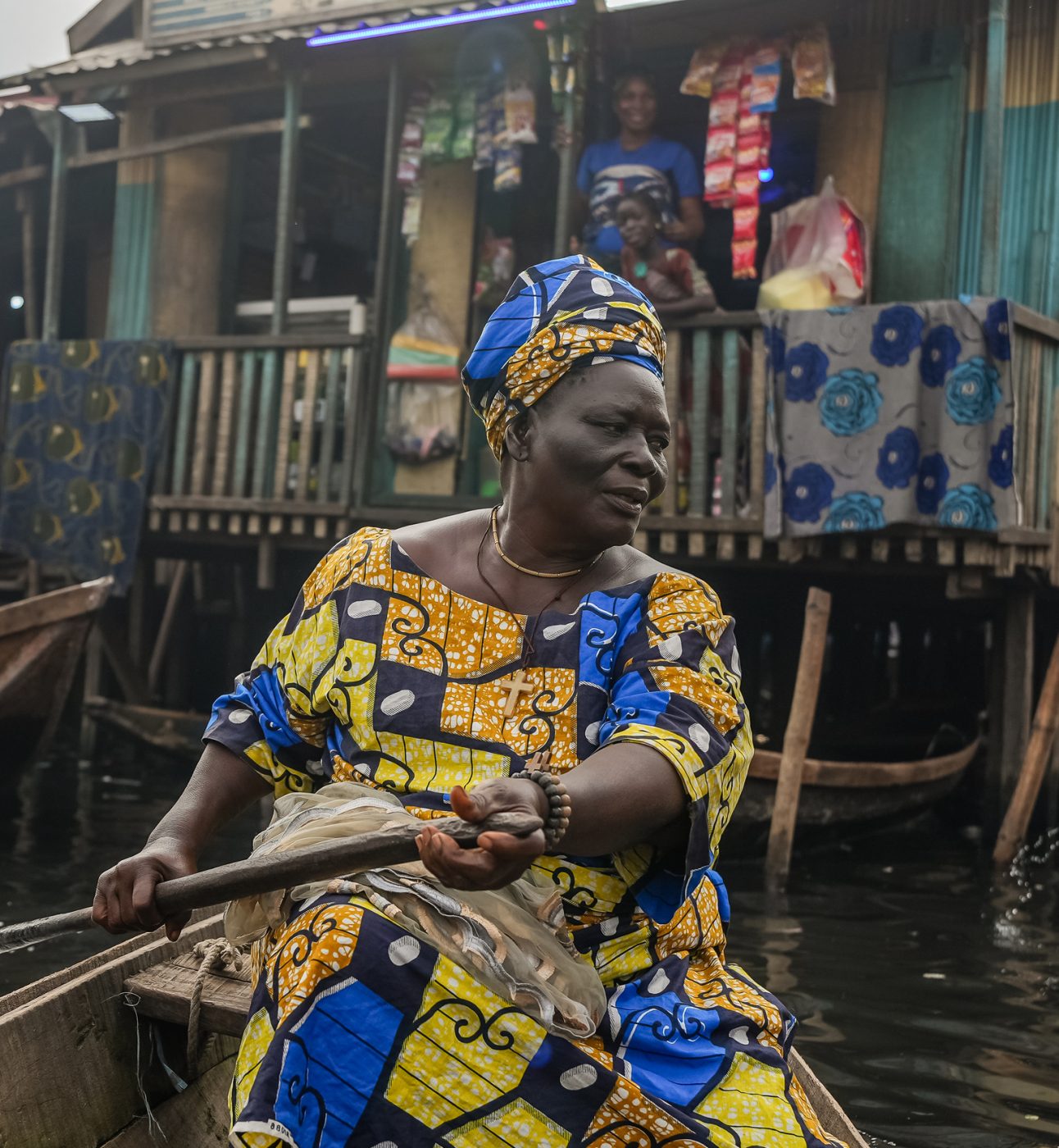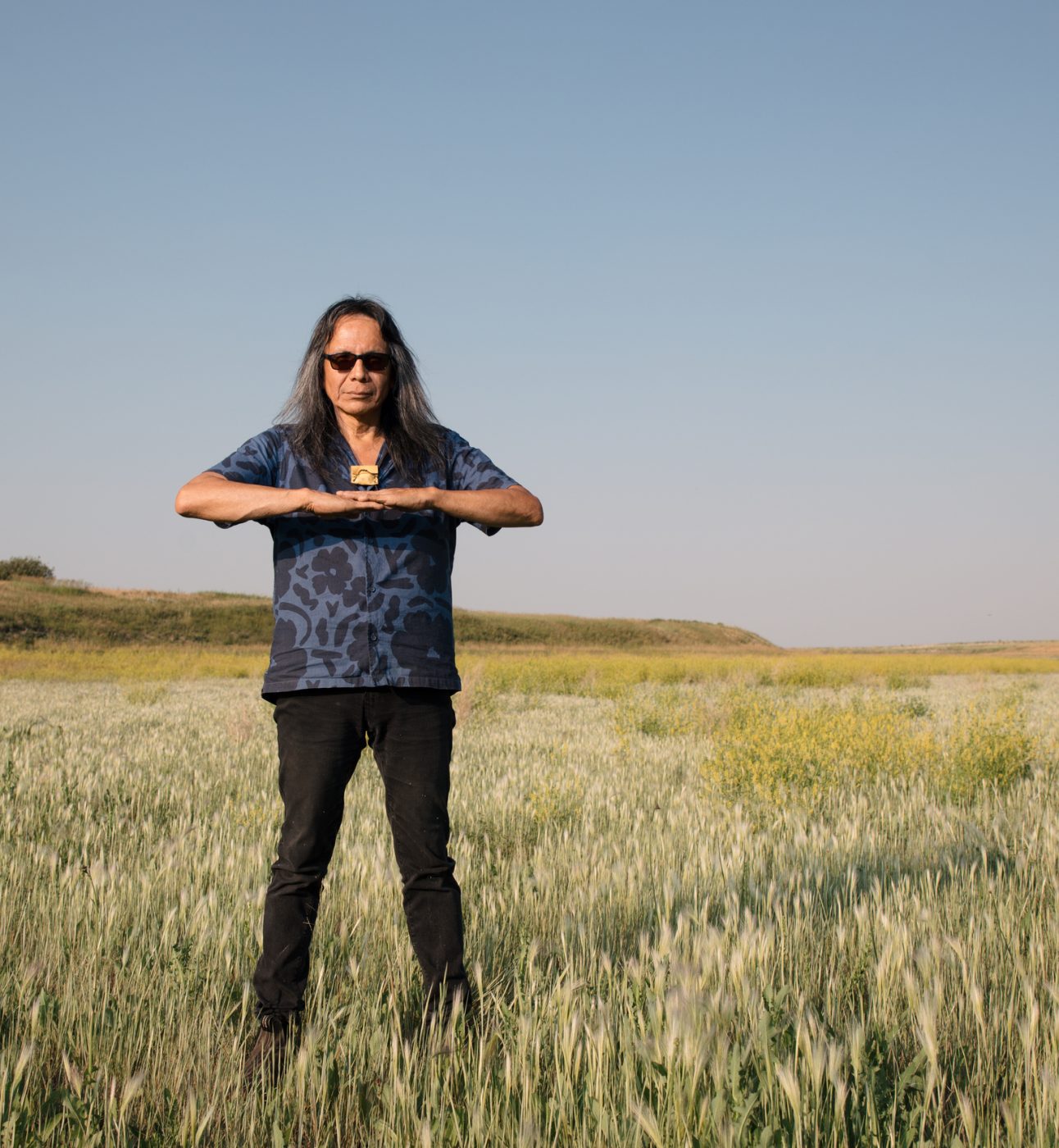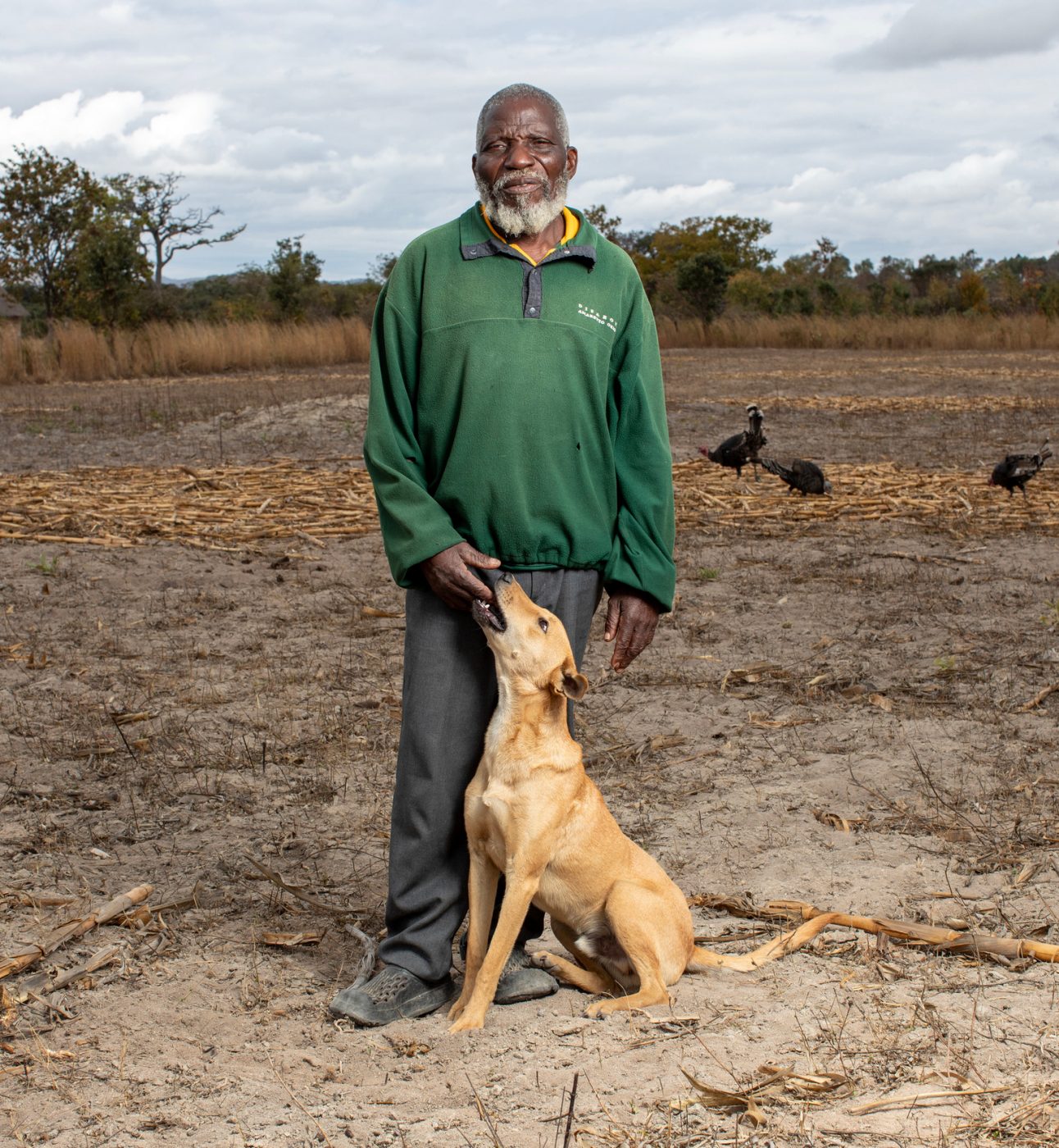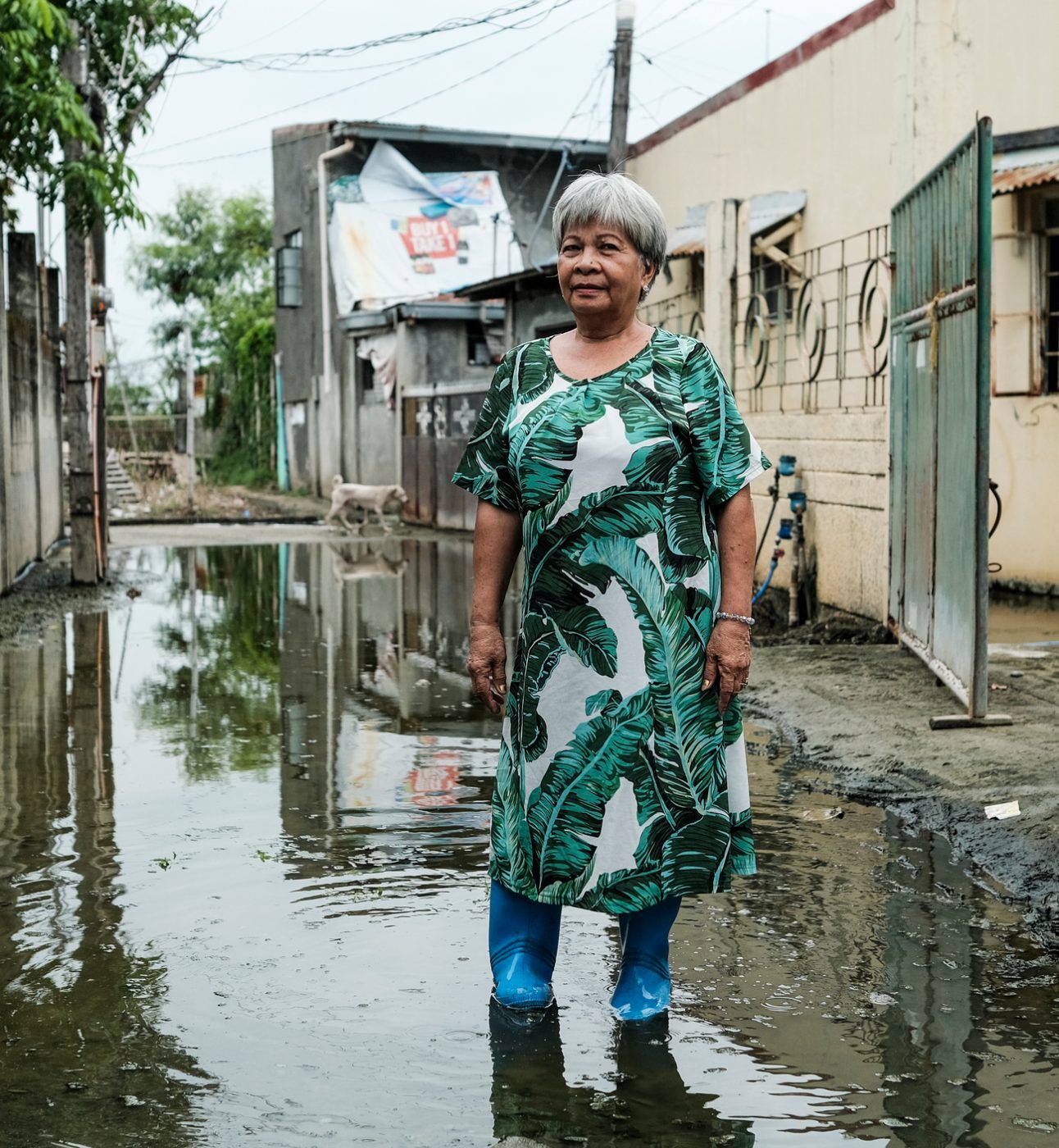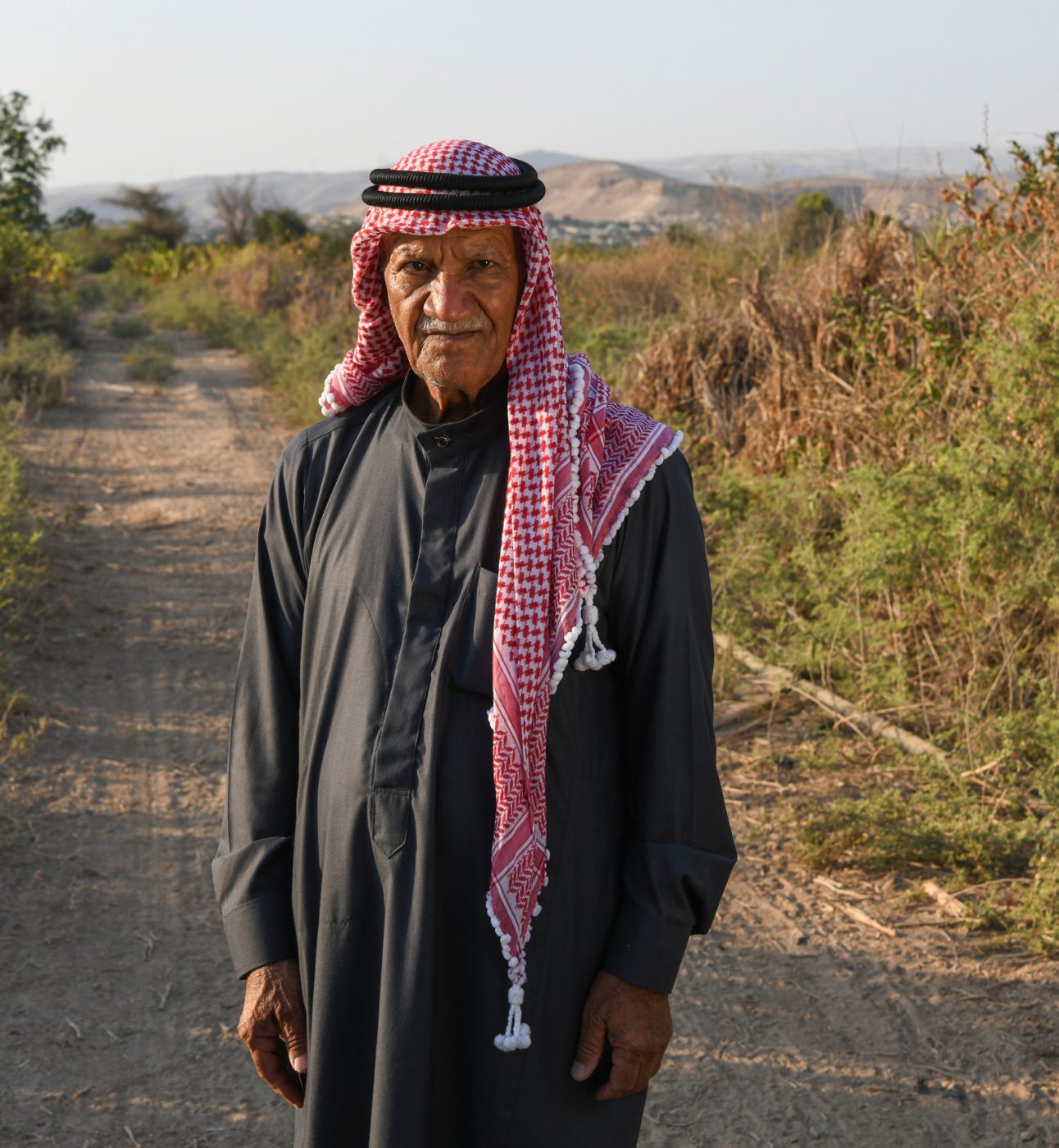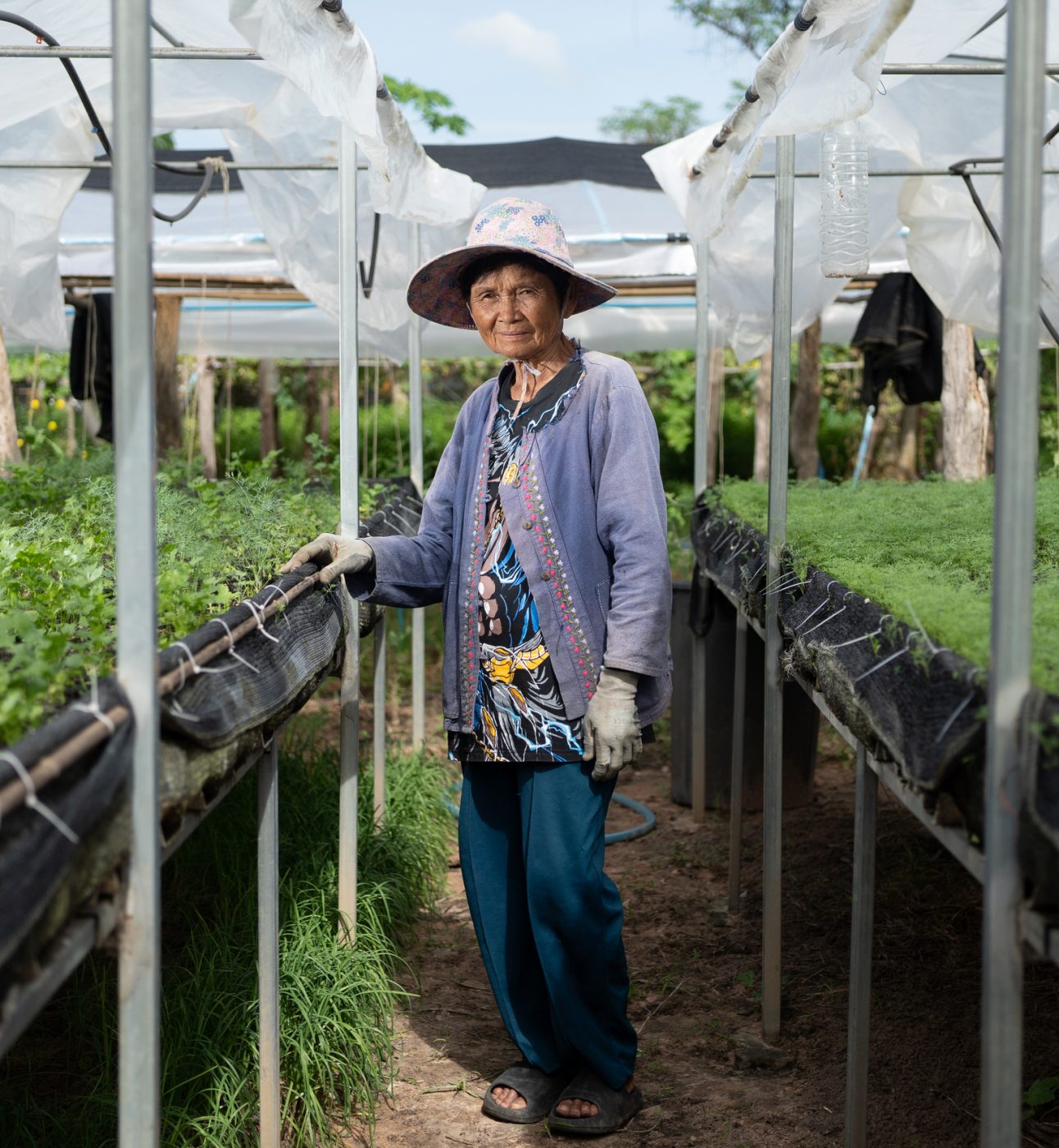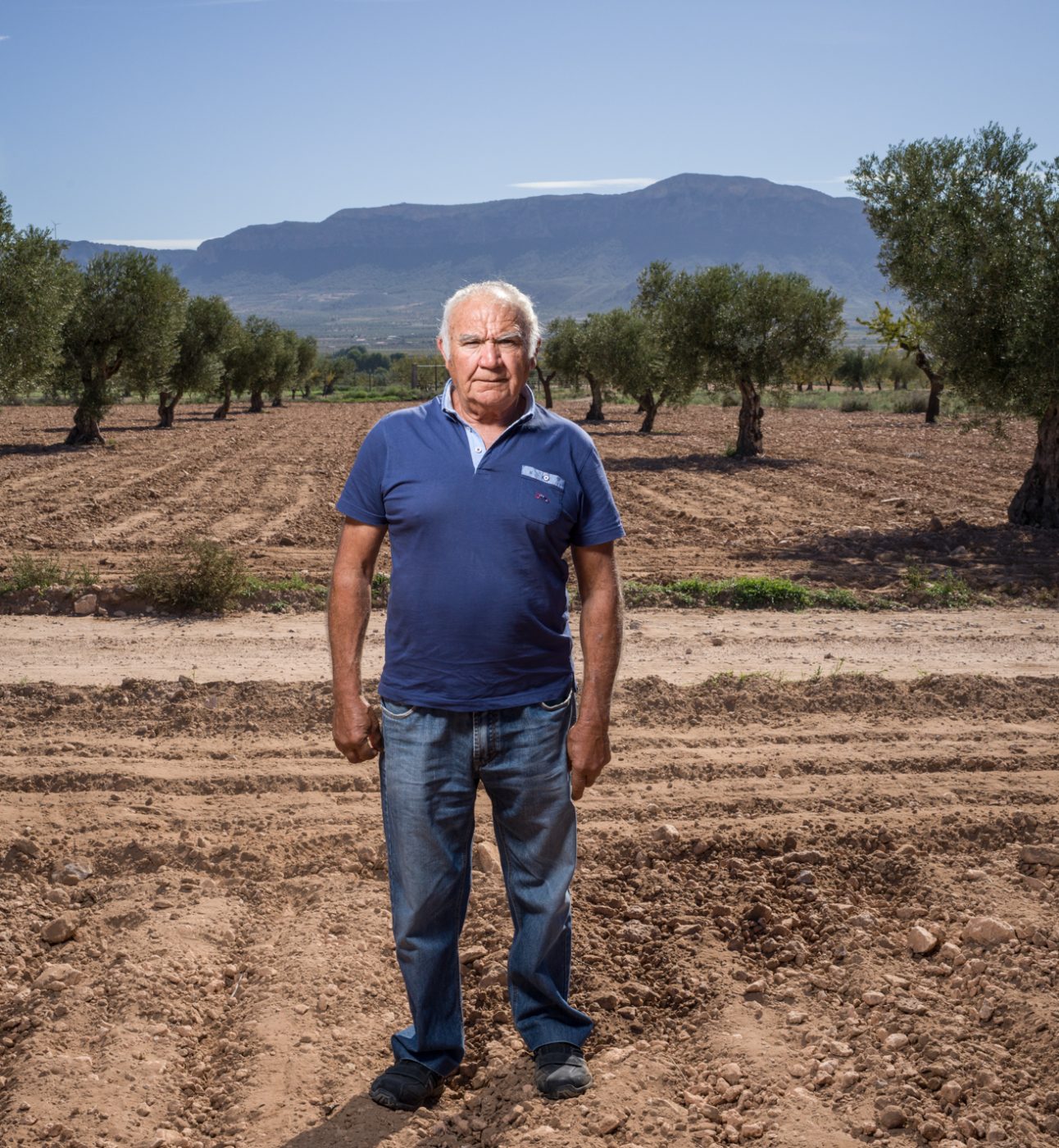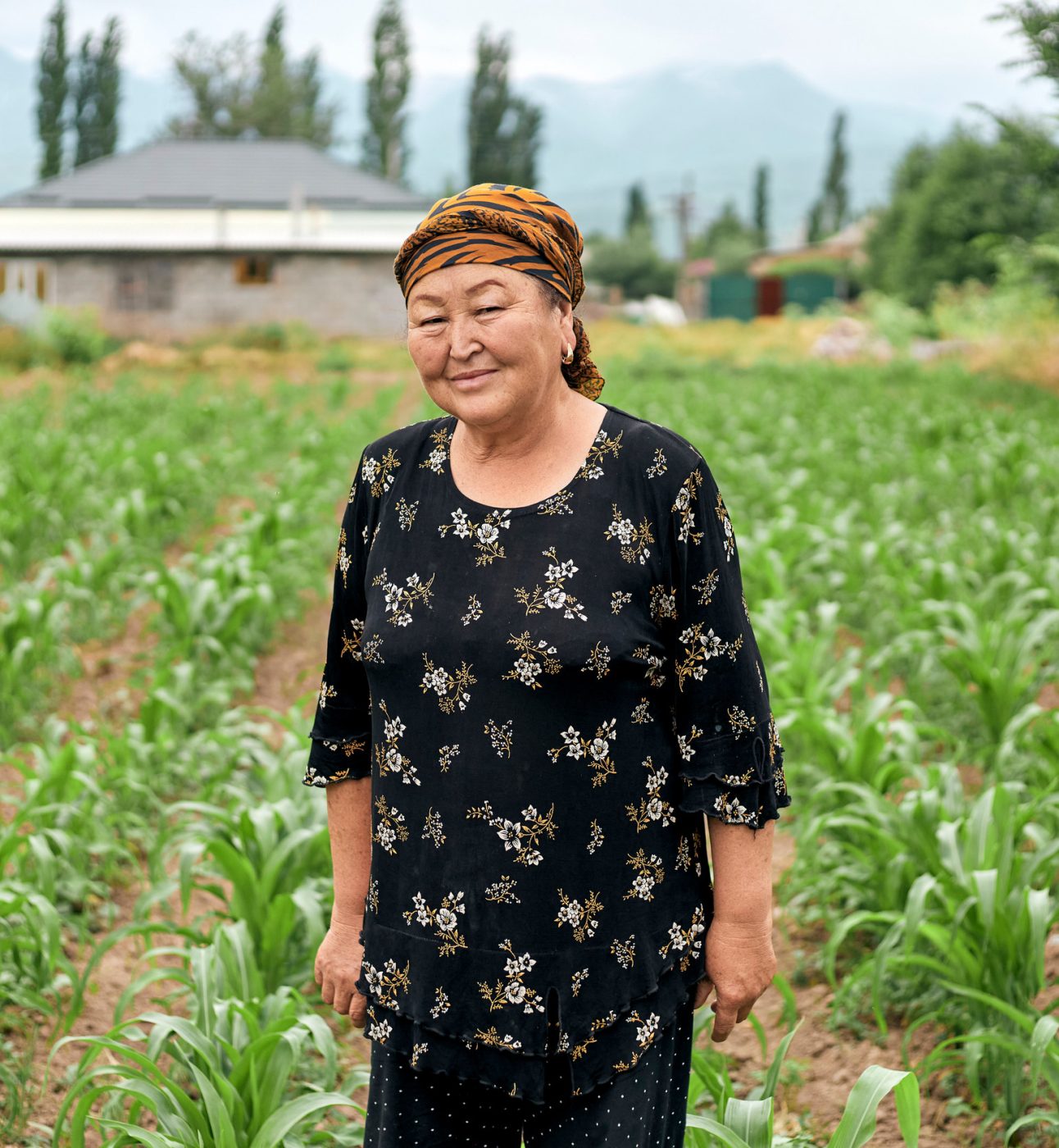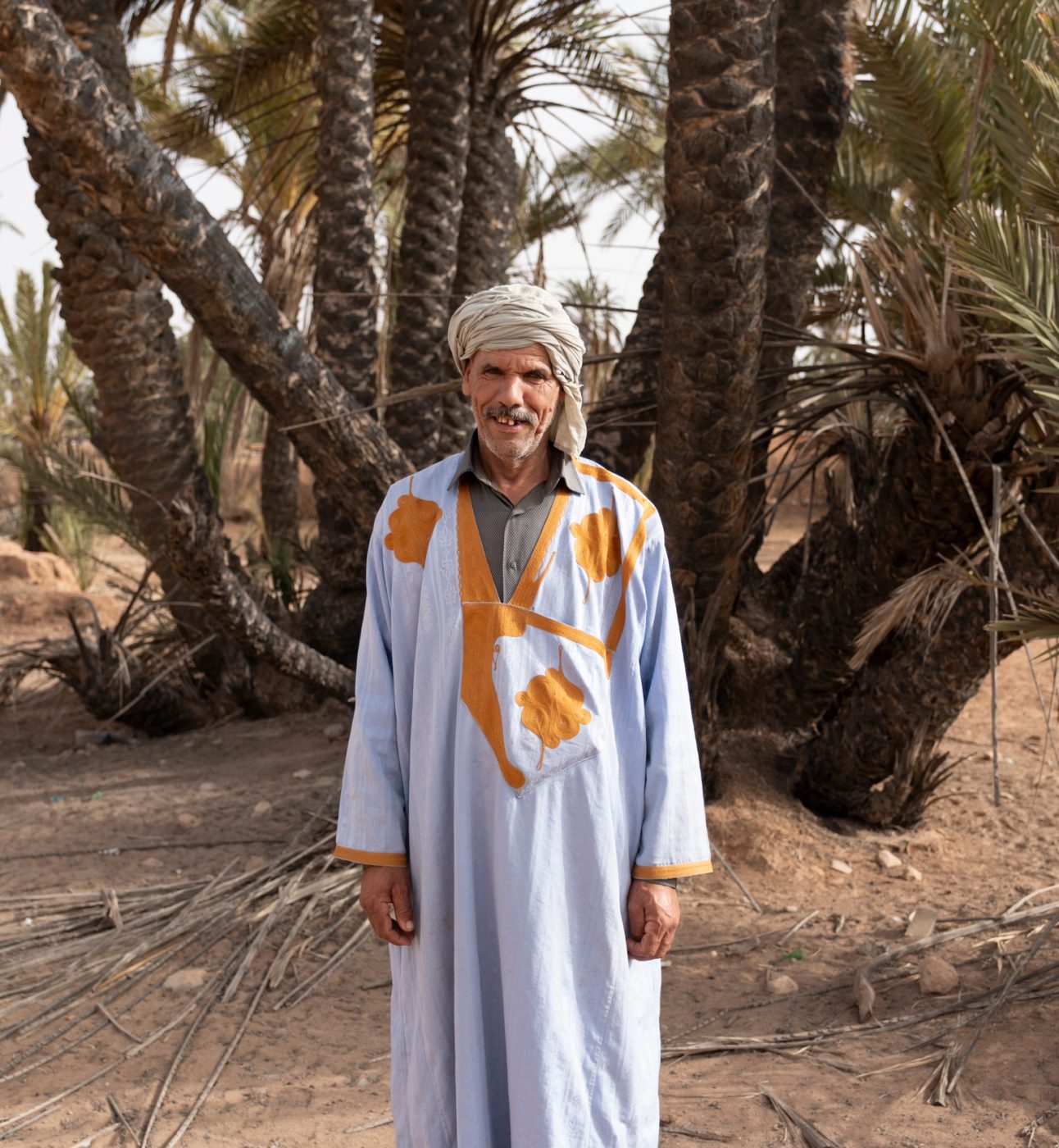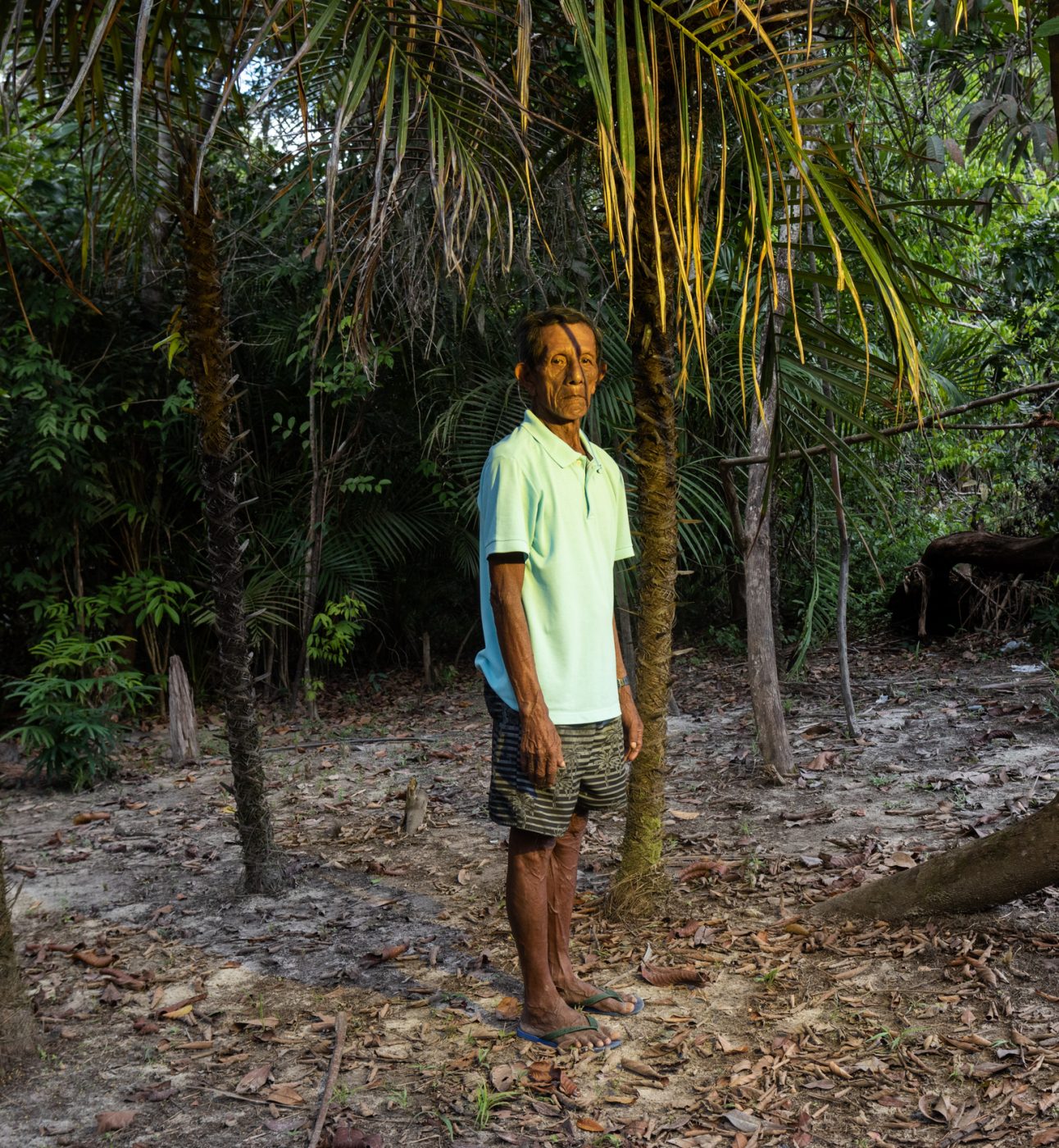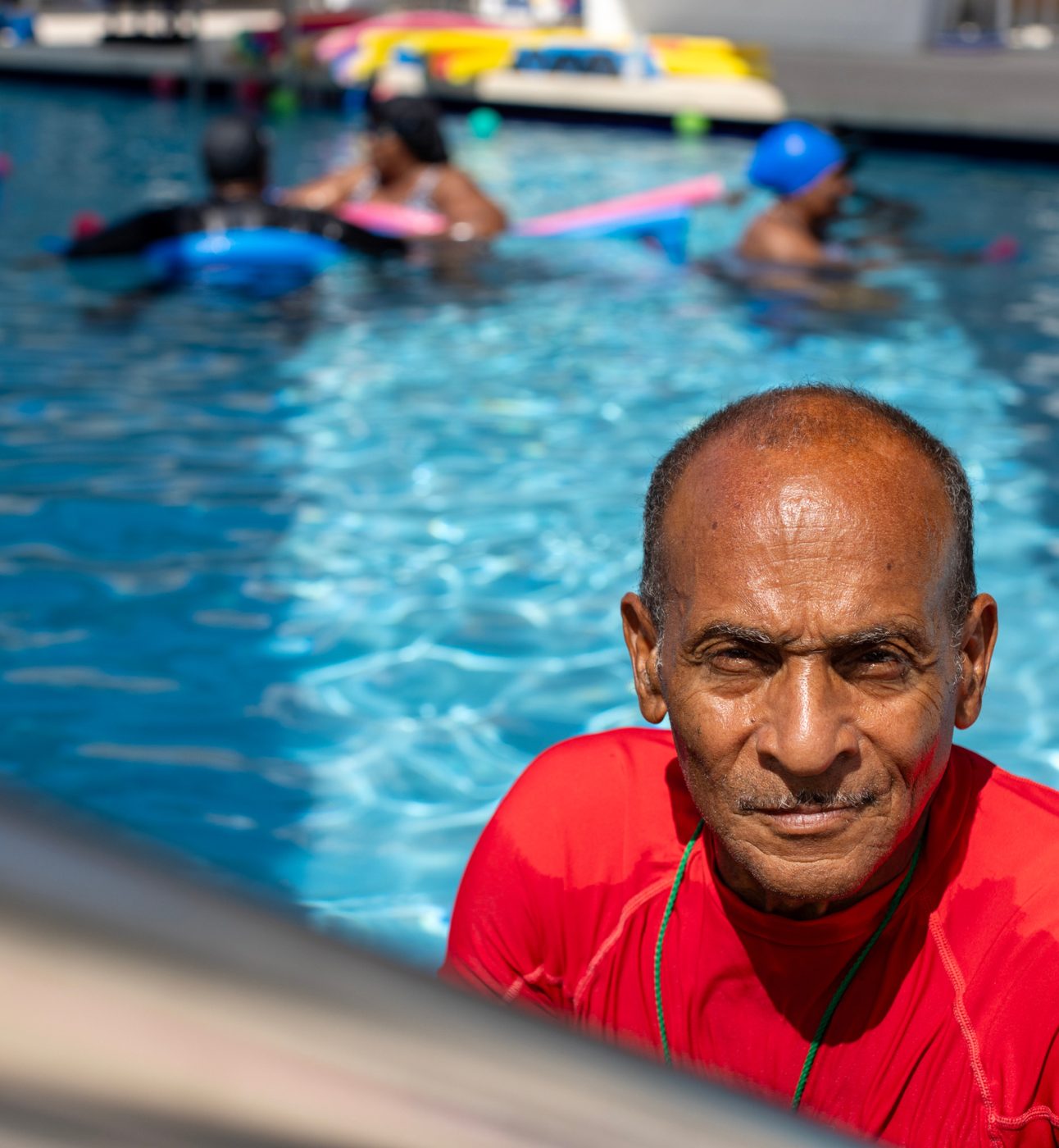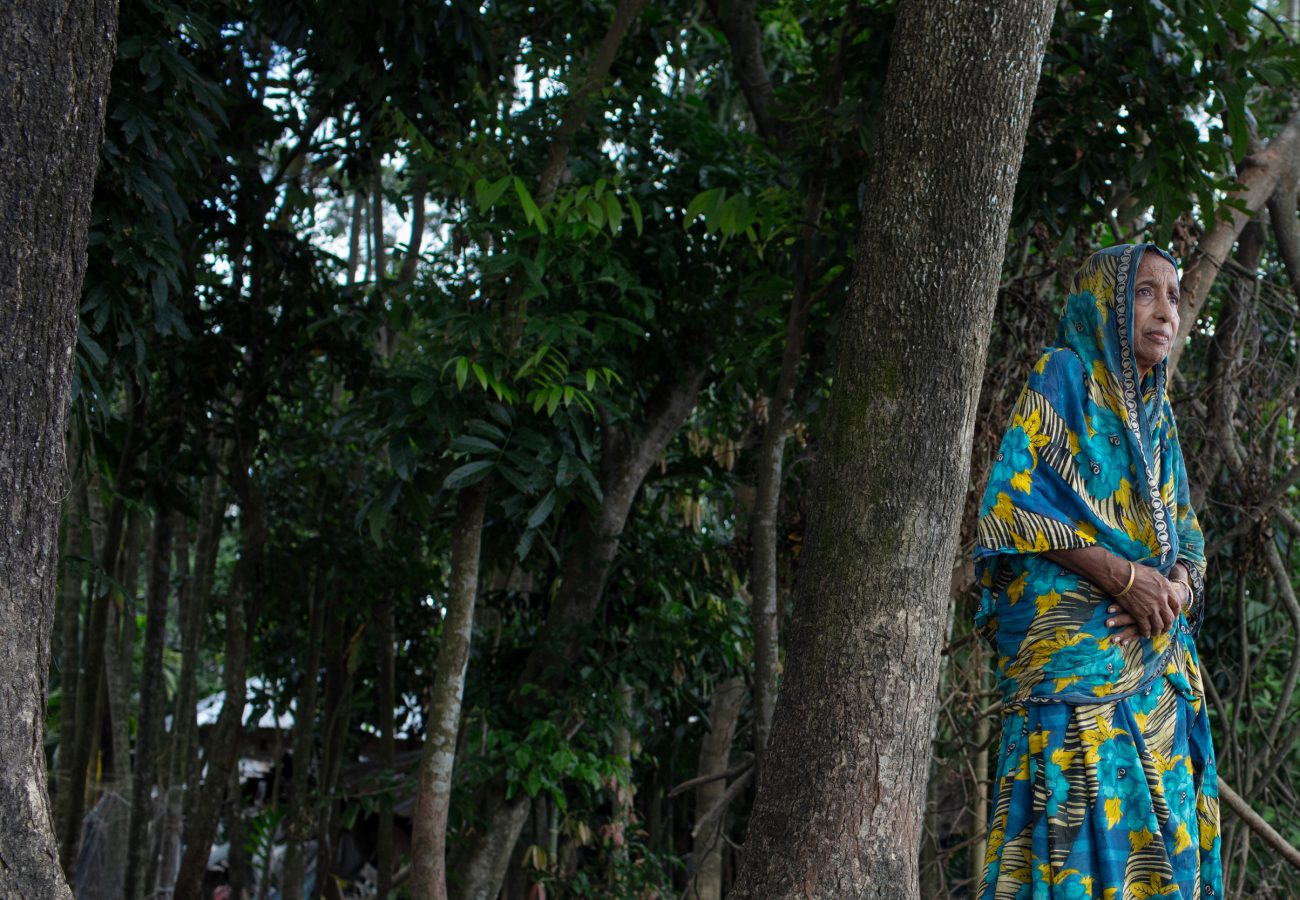Older people hold a lifetime of experience with the changing climate. They have witnessed lakes dry up, forests fade, and glaciers melt. They remember how their surroundings looked in their youth – which are often starkly different from today.
In this Climate Elders collection, older people from 15 different countries share their experience of a lifetime witnessing environmental change. They talk about how the land they live in and cultivate today is profoundly different from the countryside they once knew, calling on leaders and governments to take action before this becomes any worse.
This project came about through a collaboration between members of the HelpAge global network and 1 in 6 by 2030.

